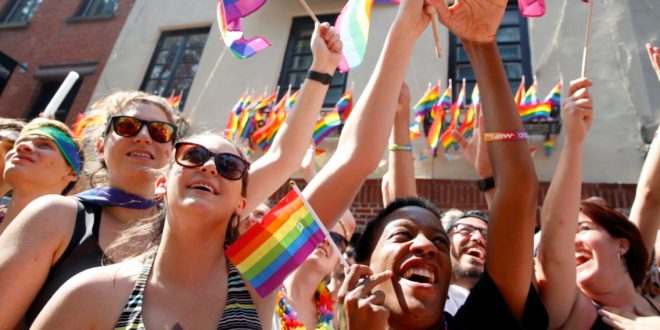Many individuals in the LGBT+ community face significant issues with regard to health care. For example, bisexual women face a high risk of physical and mental health problems and have a higher likelihood of experiencing violence and addiction. Discrimination is often experienced within the healthcare system. The bisexual community is fighting this, to spread education and make quality healthcare more accessible.
There are some general guidelines that may be helpful for bisexual women who are looking for quality health care. Read on to learn the five ways bisexual women can take care of their health, even while facing exceptional challenges.
Be aware of risks
Bisexual women are more likely to experience addiction, smoke, have depression and have suicidal thoughts and/or attempts, compared to other groups. Bi woman are also at a higher risk for cancer than heterosexual women or lesbians and less likely to get screening. Amy André, a co-author of Bisexual Health: An Introduction said, “Research shows that bisexuals experience more discrimination, violence, and stigma than gays and lesbians.” She believes that the fact that bisexuals have the worst health is directly linked to the violence, stigma and discrimination.
Seek quality health care
Unfortunately, it’s not possible to assume that every doctor is able to cater to the unique needs of LGBT+ patients. It is easier in urban areas, but still more difficult to find a provider that doesn’t group bisexual patients with gay or straight women. There is a list of providers in the Gay and Lesbian Medical Association directory and the Bisexual-Aware Professionals Directory. Everyone deserves to be treated with respect and compassion.
Be your own advocate
You’ll need to be more assertive at times because some doctors will ask questions that are heteronormative. If you find that the doctor assumes you are a sexuality that you aren’t, you may need to answer broadly. You’ll want to make sure that you’re giving proper information about your past and current partners, and your sexuality. Some women will find it more difficult if they live in a small community with few doctors. Push yourself as far as you feel comfortable and remember that you can request certain types of screening for your physical and mental health.
Know your financial barriers
According to LGBT+ MAP’s Unfair Price study, bi women are more than twice as likely to live in poverty than the general population, and 29% of LGBT+ women have trouble finding affordable health care, compared to 19% of heterosexual women. Women in rural areas may experience even more difficulty. It’s of vital importance to have access to affordable health care. This could mean a visit to a free clinic, Planned Parenthood or a doctor’s office that takes your health insurance.
Get the word out
Form a support system and be supportive to others in a similar position. Doing this not only positively affects your chances of receiving affordable health care, it improves your health.
 Lesbian, Gay, Bisexual, Transgender & Intersex News Lesbian News, Gay News, Bisexual News, Transgender News, Intersex News, LGBTI News
Lesbian, Gay, Bisexual, Transgender & Intersex News Lesbian News, Gay News, Bisexual News, Transgender News, Intersex News, LGBTI News




